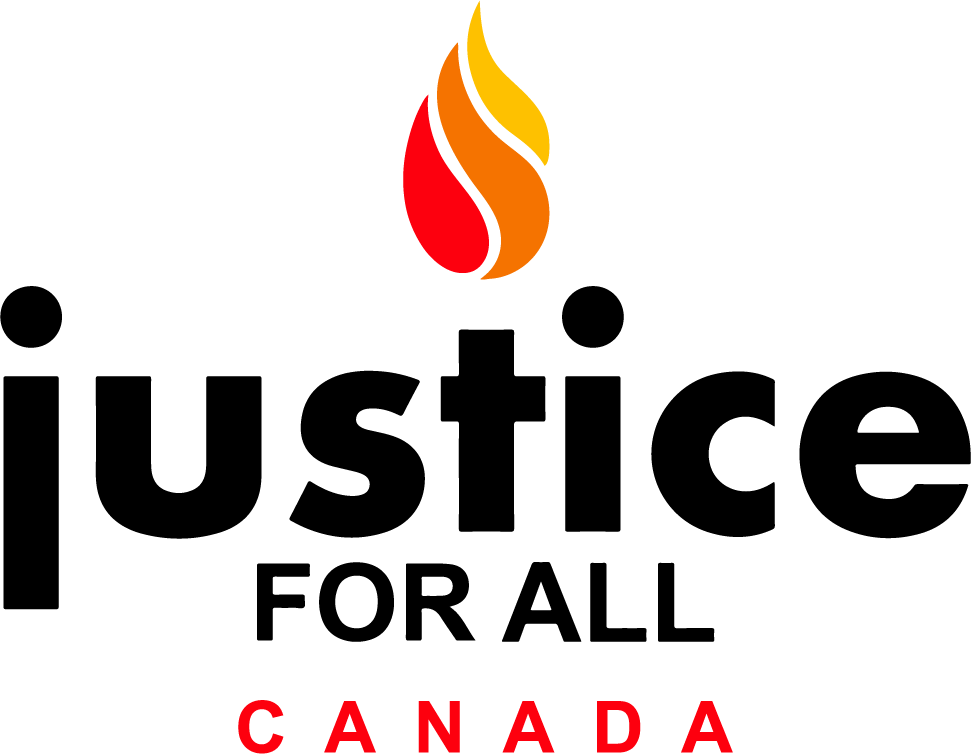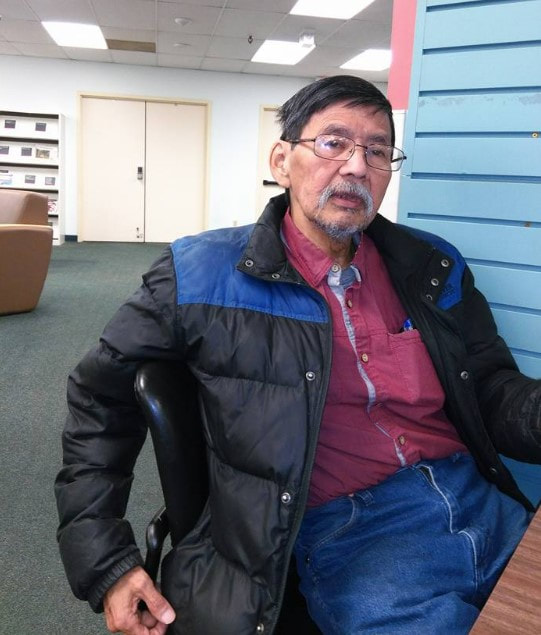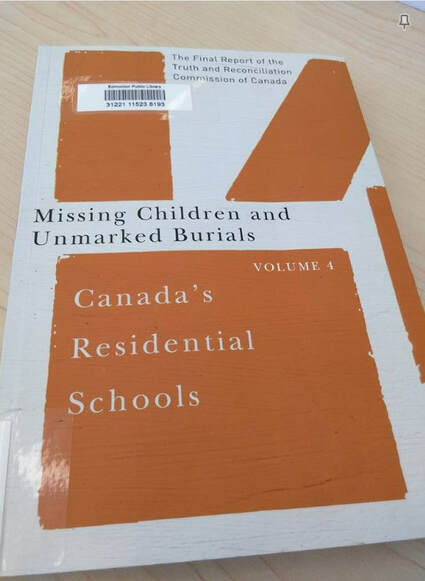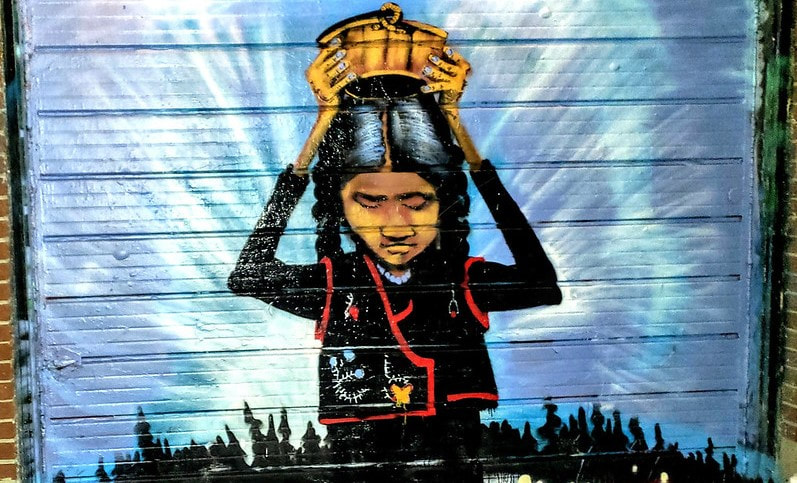|
The following essay was written by Tazeen Hasan, as part of a Harvard assignment in 2017.
"Anytime I passed someone, anytime I hit someone during my play at hockey or skiing, it would be John Comeau," says Harold Cook, 68, a residential school survivor who was sexually assaulted by Comeau, a supervisor at Grollier Hall Residential School in Northwest Territories. Sporting a dark pink shirt and a snow jacket, with wrinkles on his face, he talks firmly and slowly. "RCMP [police] caught me from a fishing camp when I was thirteen," he says. Cook was born in Fort Smith, a town in Northwest Territories, in 1949. He was flown to Grollier Hall Indian Residential School in Inuvik, 3588 kilometers from his hometown. "My parents could be jailed if they had refused to send me," he adds. Between 1867 and 1996, some 150,000 Aboriginal children were sent to residential schools across Canada as the government and missionaries agreed that in order to "civilize and Christianize" them, it was necessary to separate them from their parents and their home communities, says the Truth and Reconciliation Commission report, which published the six-year official investigation after interviewing 7000 survivors from these schools. Cook says that discipline at school was harsh and abusive. "We would get a slap if we spoke our language. Latin was the only language we were allowed to speak," says Cook. Students were constantly indoctrinated at school, "We were made to hate our culture and parents," says Cook. "To maintain discipline, runaway children were beaten with a leather strap, like criminals were flogged in the olden days," says Cook. The TRC report says bare-buttock thrashing in front of other children was a common practice in these schools. "Even the legal system supported corporal punishments," it adds. "He used to read stories for us before bedtime. I remember him staring at me while the boys were taking a bath in the common shower room," says Cook. "At night, he grabbed me outside the bathroom and assaulted me in his bedroom," says Cook. Victims rarely reported these incidents, but Cook reported to Father Max Ruyant Omi, the school principal, and Sister Gilbert, but he was not believed. “They said people of God do not do bad things," says Cook. Despite being a good ice hockey player and skier, Cook became a victim of self-misery and began using drugs. "I carried this shame and guilt for another 35 years," says Cook. But his trauma did not stop him. He joined the University of Alaska and was selected for the cross-Canada ski team. He left the university to avail an offer to join an ice hockey team in Sweden and remained there for the next four years. He finally decided to testify against his abuser in 1998. Four Grollier Hall supervisors, including Comeau, were finally charged and convicted of sexual abuse after multiple victims came forward. "It was painful for him [Cook] to speak of what happened that night," says Theodore Fontaine, author of the memoirs (singular) Broken Circle: The Dark Legacy of Residential Schools. Fontaine was Cook's friend who himself began attending a residential school at the age of seven, and faced sexual assaults throughout his stay by the staff. "The memories of those nights always haunt us," says Fontaine. "Healing never stops." Cook joined TSOW-TUN LE LUM Society, an Aboriginal-run healing center in British Columbia, to seek help for his never-ending mental trauma. Gradually, he left drugs and to this day, he is sober now. However, his medical reports show he still suffers from post-traumatic stress disorder. "I will never be healed, but I shall continue with my own healing journey until I leave this world," he says with a sigh. Cook’s journey certainly did not end here. Despite his perpetual psychological problems, he dedicated himself to supporting residential school victims, the survivors say. Cook worked as a crown witness coordinator with RCMP [police] to assist victims of sexual assault and abuse from 1998 to 2015. During this period, Cook worked with hundreds of survivors in the provinces of the Northwest Territories, Alberta, British Columbia, Manitoba and Saskatchewan. Over the years, he has closely monitored the prosecutions of abusers, healing societies' politics and the intergenerational impact of residential schools. "He [Cook] showed me a path of forgiveness. He taught me how to live," says Roxane Landry, who says her three generations suffered in residential schools. Cook says that the next generations of survivors who are not direct victims of the residential school system are also experiencing psychological problems. "We transferred our trauma to our children as we do not know how to be a parent," he adds. Rising suicide rates in First Nations children are linked to the generational impact of residential schools, says Cook. "Survivors believe that love and discipline come from the fist." According to a study by Canada's national statistical agency, Statistics Canada, one in five aboriginal people have suicidal thoughts at some point in their lives. Actual suicide rate may be much higher as this study does not include the communities on Reserves. Cook says he feels pride that he left drinking and is now a good model for his grandson. He is grateful that he has grandchildren to whom he presents the annual government compensation he receives as a victim. Commenting on the recent Conservative Senator Lynn Beyak statement, who said that the TRC report overshadowed the "good deeds" of "well-intentioned" residential school workers, such as converting some of the students to Christianity, Cook says that these indifferent statements "support a genocide" and are "nothing but revictimization." Cook says reconciliation for him is the right to be believed. "My only solace lies in the fact that someone in authority finally believes me," he adds. Ayyoub Tayebi
Recently, Canada has once again been given a grim reminder of the country’s dark past. With the discovery of multiple mass graves at the sites of former residential schools across the nation, we have had to revisit the systemic racism, atrocities, and injustice the Indigenous population of Canada has been subject to. The Indian Residential School (IRS) system is one of the most egregious examples of this. Their role was “to kill the Indian in the child”, according to the Royal Commission on Aboriginal Peoples (RCAP). Aboriginal children were taught to be ashamed of their culture and heritage in an attempt to assimilate them into Canadian culture. They were also victims of physical and sexual abuse and neglect at the hands of their “educators”, and yet there was little to no proper schooling involved. Such an experience at a young age is bound to have negative consequences on survivors’ mental and physical state. Sure enough, adults who were enrolled in the IRS are more likely to suffer from mental and physical health complications. This is in addition to the historical oppression that the First Nations have faced since these lands were colonized by European settlers. The Aboriginals’ territories were slowly and methodically encroached on, and by the time the dominion of Canada was formed in 1867, the aboriginals had already seen their holdings greatly reduced. The Canadian government continued to break treaties and seized even more land while pushing the natives to places less suited for agriculture and economic development. Hate crimes, racism, and discrimination also endured for centuries in Canada, and unfortunately we cannot say that these issues are behind us. Historical and Intergenerational Trauma It has become apparent that the negative effects of the IRS and the historical trauma that the Aboriginals suffered through are not limited to the individuals who experienced them. Intergenerational trauma (or transgenerational trauma) is when the effects of one generation’s negative experiences is passed down to the next, and this phenomenon is present within Aboriginal communities across Canada. Family members of IRS survivors are more likely to suffer from mental health problems like their parents than the children of Aboriginals who did not attend the schools. The IRS robbed future mothers and fathers of parenting skills and proper human interaction. They were also removed from their cultures and tribal teachings, stripping away an integral part of their identities. These issues have been passed on to the next generation of Aboriginals, creating a cycle of dysfunctional mental health/ family dynamics. Understanding the Issue Awareness about the historical plight of First Nations peoples is incredibly important to understand what exactly they have been and are going through. Thankfully, the Canadian education system is improving when it comes to teaching about the plight of the Indigenous peoples of Canada, with the news and media crucially filling in holes left out by the curriculums that still need improvement. Canadians have a personal responsibility of learning about the people who we live with and, in many cases, whose land we live on. It is imperative as knowing more about them helps us empathize and understand the situation many of them are in now. When we see the epidemic nature of drugs and alcoholism within indigenous communities (at rates much higher than the national average) we must understand that these are symptoms of an issue spanning generations. Many communities have been stuck in a cycle of poverty for decades and so cannot pull themselves out of the socio-economic turmoil that comes with financial insecurity. How To Move Forward The First Nations aren’t the only group of people to suffer from historical and intergenerational trauma; however, they haven’t been given the opportunity to treat the effects of the injustice that has plagued them for centuries. Internally, the Aboriginals have started to come together as a group to reignite their culture and mend their social fabric. They know their situation better than anybody and several Indigenous organizations work towards these goals. Currently, it seems they struggle to reach many Indigenous communities outside of reserves. The Canadian government has the greatest responsibility and ability to lift them out of this endless cycle of suffering. Ottawa needs to start atoning for its past actions by investing considerable sums of money into indigenous communities to try to improve the economic situation. The poverty that the Aboriginals were thrust into due to systemic racism and discrimination must be overcome so that they can heal from their past and current traumas. This brings us to the abysmal mental health coverage for Canadians in general. This needs to change as mental health issues run rampant within Indigenous communities and are both a symptom and cause of other socio-economic issues. Youth programs are also needed to help engage young aboriginals with school or in after school clubs to help them reconnect with their roots. Hypocritical apologies will not change the situation hundreds of thousands of Canadians are in. The Canadian government needs to take ownership of its crimes and begin making amends. We can garner more support for our cause by allying with those who already campaign for policies that focus on mental health and investment in oppressed minority communities. Organizers, activists, and concerned citizens must outline to the government that deflecting blame onto the Catholic Church will not excuse it of its participation in tandem with said institution in causing many of the issues Aboriginals face today. To not only do this but go the other way and continue to force the Aboriginals off their land in the name of economic development (see the Trans Mountain Pipeline) is absurd. Voters need to make clear this is a priority for many Canadians so that politicians will address it seriously and cease their lip service. As usual, it is only through coming together as a united front will we be able to make meaningful change. |



